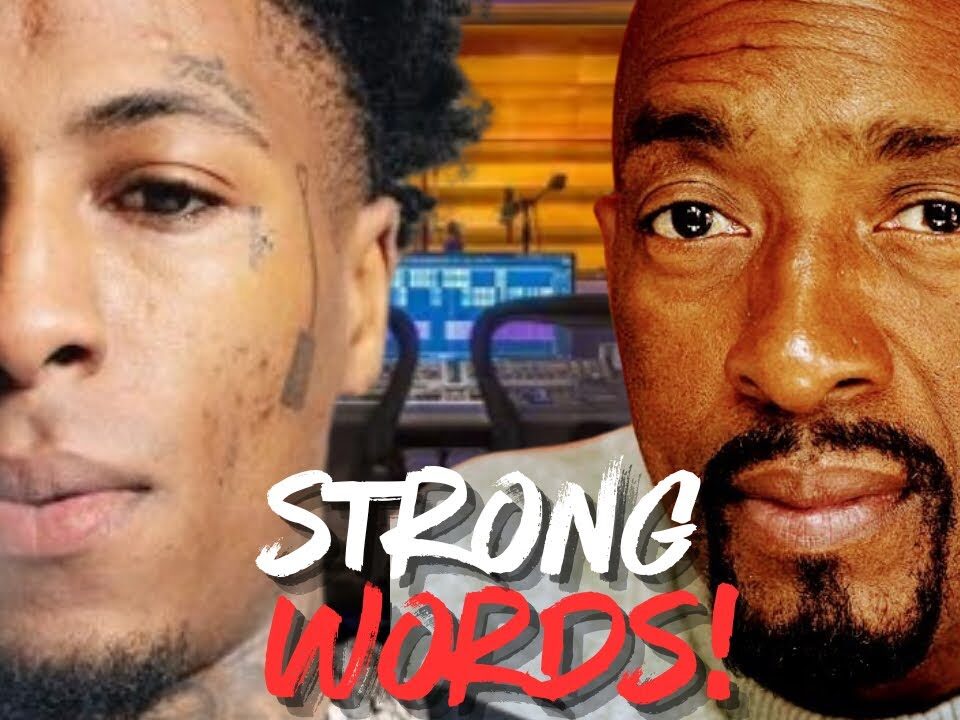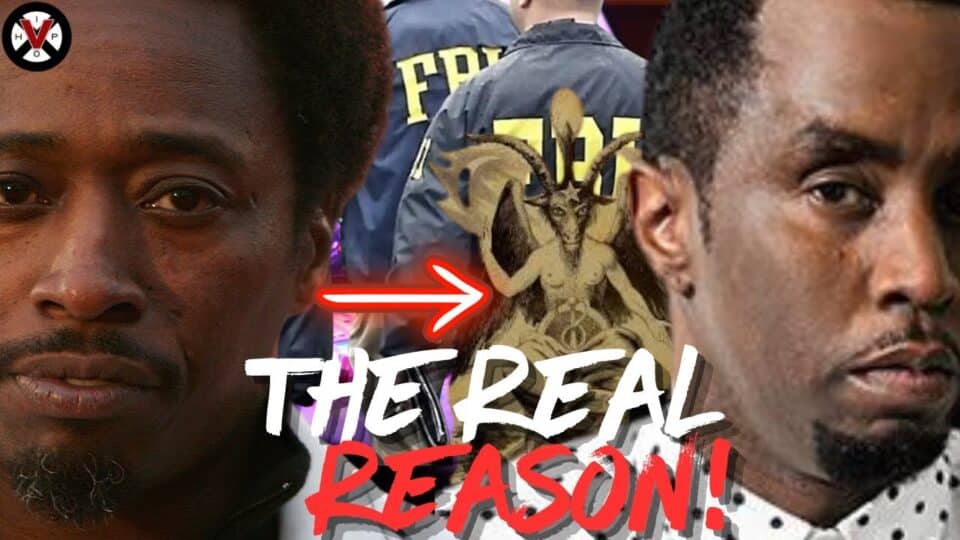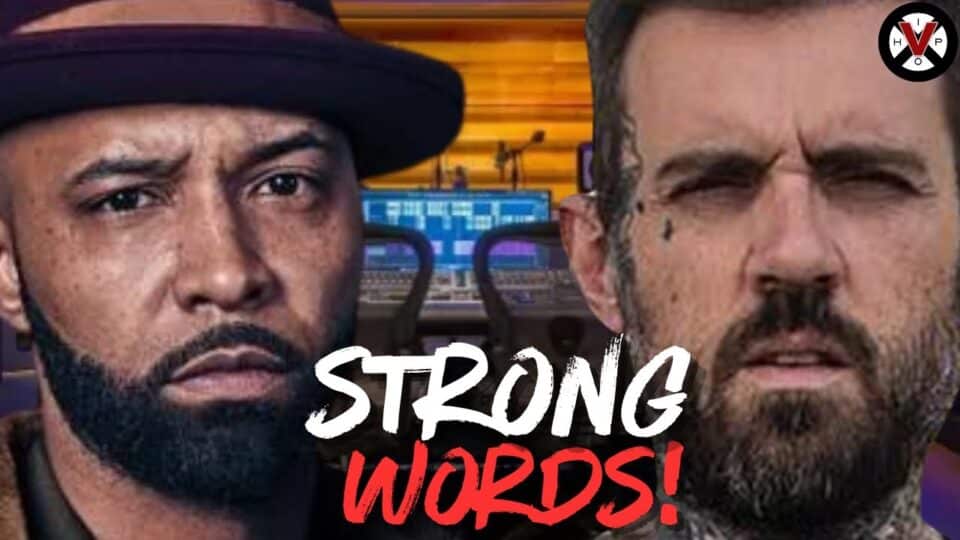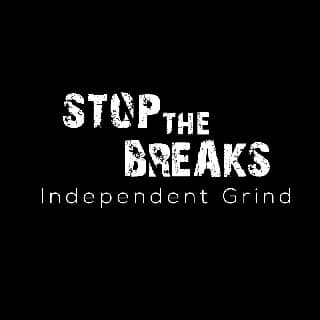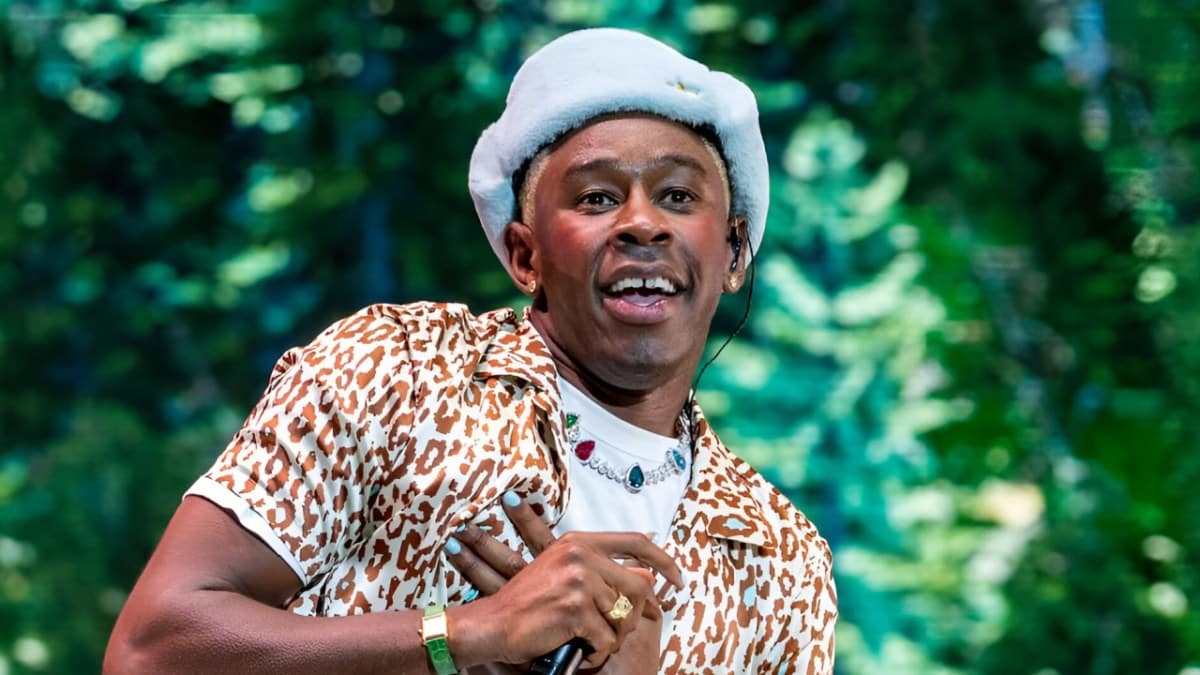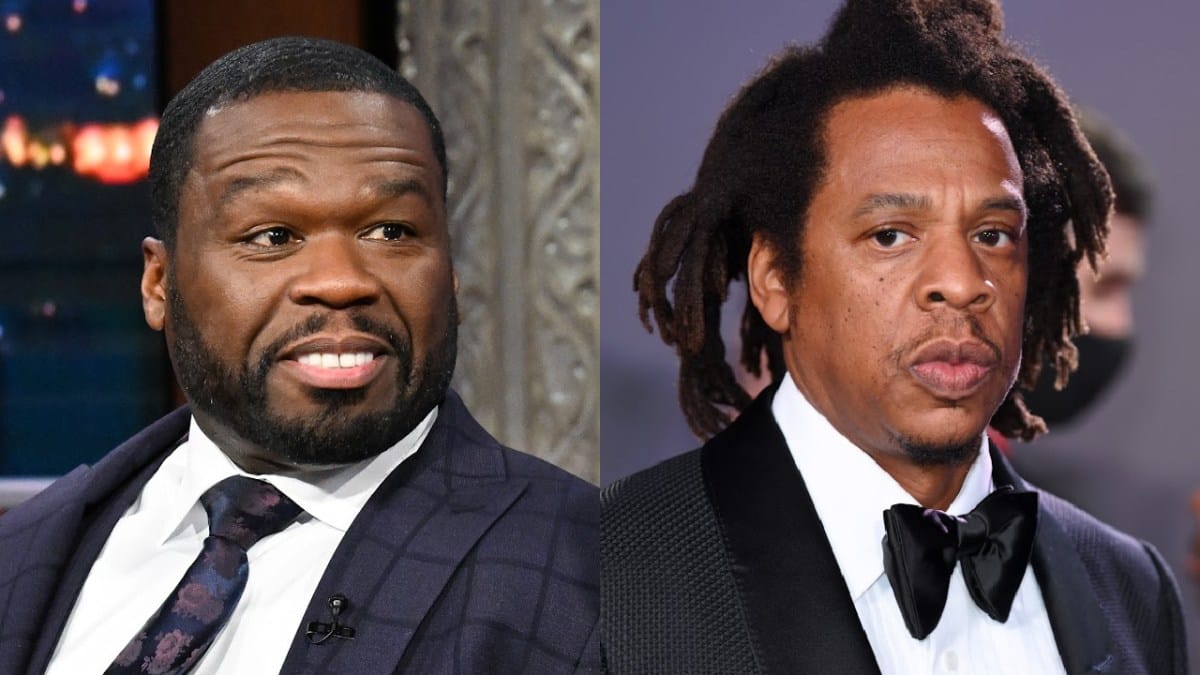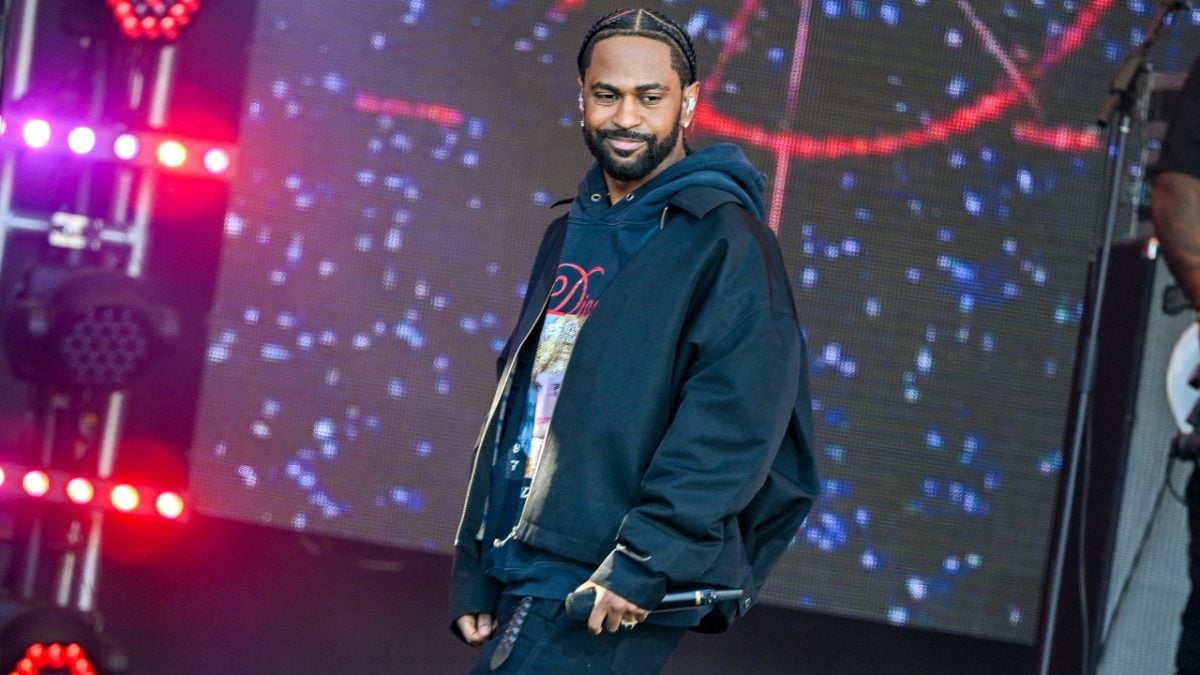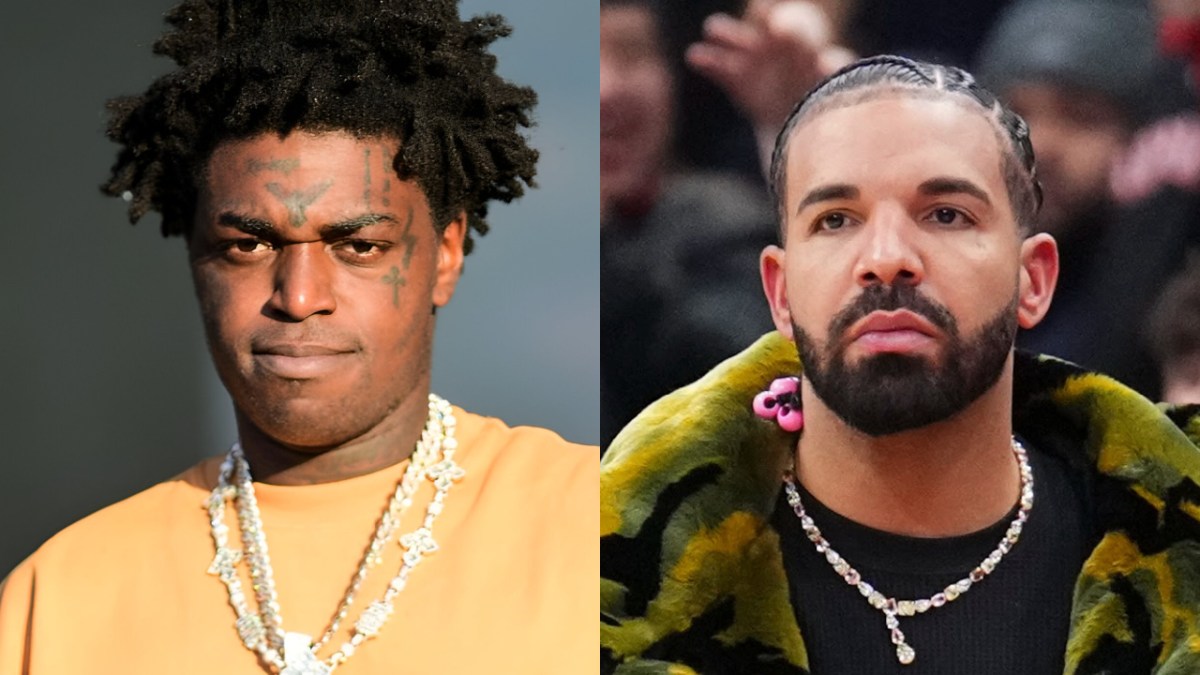NBA YoungBoy, the talented young rapper, seems unable to steer clear of trouble. Recently, he found himself in hot water again in Utah. The situation has sparked conversations about his behavior and the broader issues at play in the hip-hop world.
The drama surrounding NBA YoungBoy highlights a recurring theme: despite making it big, some artists remain caught between their past and their newfound success. It’s a frustrating cycle where they are halfway out of their old life but never fully leave it behind. Those in the industry emphasize the importance of completely extricating oneself from detrimental environments to truly benefit from their success.
Mental health is a prominent concern. There is a widespread belief that NBA YoungBoy, like many others in the industry, struggles with mental health issues, exacerbated by substance abuse. The lack of strong, positive influences—like a responsible father figure or a mentor—only worsens the situation.
YoungBoy’s behavior is often seen as a cry for help. His social media posts, interviews, and even his music reflect an internal struggle. Many young artists subtly express their distress through changes in their lyrics and tone, stepping away from the scripted messages they’re paid to deliver. However, the absence of proper leadership and guidance means these cries often go unanswered.
The people around NBA YoungBoy, including his security personnel, appear to be more enablers than protectors. Instances where his security has failed to steer him away from potentially harmful situations underscore the lack of genuine support. True leadership would involve taking decisive actions to protect the artist’s well-being, not just going along with whatever he wants.
There’s also a broader critique of the systemic issues within the music industry and society at large. The industry’s tendency to elevate individuals willing to ‘sell their souls’ creates a cycle of destructive behavior. Many of these young artists are handpicked for their willingness to conform to certain destructive stereotypes, ultimately leading to their downfall.
Looking at the legal troubles, the pattern is perplexing. Despite accumulating multiple serious charges, NBA YoungBoy has often managed to get bail and remain out of jail. This pattern leads to speculation about possible ulterior motives or systemic inefficiencies. However, it seems the legal system is reaching its limit with leniency, as evidenced by the no-bail decision in his latest case.
There is a sense that the industry and the legal system are setting up young black men for failure. While some manage to become wealthy, the lack of proper guidance and the constant need to ‘show off’ on social media often leads them down a destructive path. The hope is for these young artists to realize their potential to positively influence future generations, rather than becoming cautionary tales.
NBA YoungBoy’s situation is emblematic of larger issues in the hip-hop industry and society. His ongoing struggles should serve as a wake-up call for the need for better mental health support, stronger leadership, and systemic change. As the legal system seems poised to make an example out of him, one can only hope that it prompts a broader reflection on how to genuinely support young talent.
